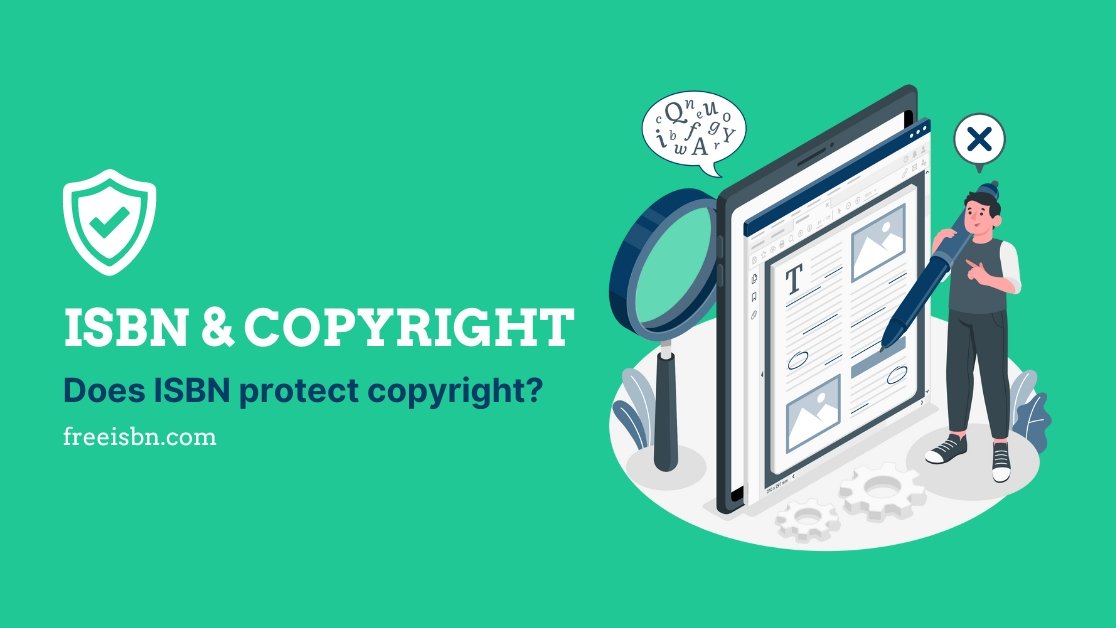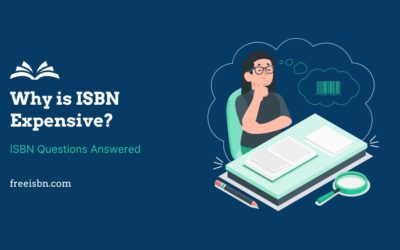ISBN stands for International Standard Book Number, and it has nothing to do with book copyright. I understand some ISBN agencies make it a big deal for obtaining ISBN. They ask for lots of ID verification and are strict about issuing ISBN, but that is just bureaucracy. ISBN has nothing to do with legality. You can’t prove your work by just using your own ISBN.
Copyright protection requires separate copyright registration in copyright office. This may cost you time and money, also it’s optional. Allow me to explain:
Before Publication
You become copyright owner of your book as soon as the book is written. You just have to prove that your work is created by you. You can do this many ways, like showing an online or offline record of your writing with time stamps. Registering copyright protection gives you an extra edge in protecting your work. After copyright registration, you don’t have to show proof of record. Just copyright registration document will prove your ownership.
After Publication
After your book is published, proving copyright ownership becomes easier. You are the first one to publish your book, and your book copyright page will say out load who owns the work.
You can put a copyright notice on each page of your book, but that disturbs the reader’s experience. The good practice is to mention the book title and author name on all pages of the book. The book title and author name can be added on header or footer section of the page. Just like book page numbering.
Publisher Naming Issue
You may face copyright ownership issue in the case of republishing your book. This has to do with your publishing name (imprint name). For example, you published a book under the ABC imprint name, but later you decided to take down the book and republish the same book under the XYZ Imprint name. In this case, book publishing platform such as Amazon KDP may ask for proof of copyright ownership. This is because they may see ABC and XYZ, two different publishing companies.
You can solve the issue by adding both ISBN and imprint name on your new book copyright page. Also, you can contact the Amazon KDP support for account verification in case the previous book was published using a different KDP account.
Conclusions
No need to worry about book copyright registration. Just practice a little consensus when you are sharing your book with someone else’s before the book is published.
Always use your official email address to send your book to your editor, publisher etc. Also, put a copyright notice in the book before sharing the work. You can also mention the “Confidential Email” notice in the email when sharing work with someone. Once your book is published, you don’t have to worry about being stolen. In case your work gets stolen after the book is published, then proving you are the copyright owner of your book becomes easier.





